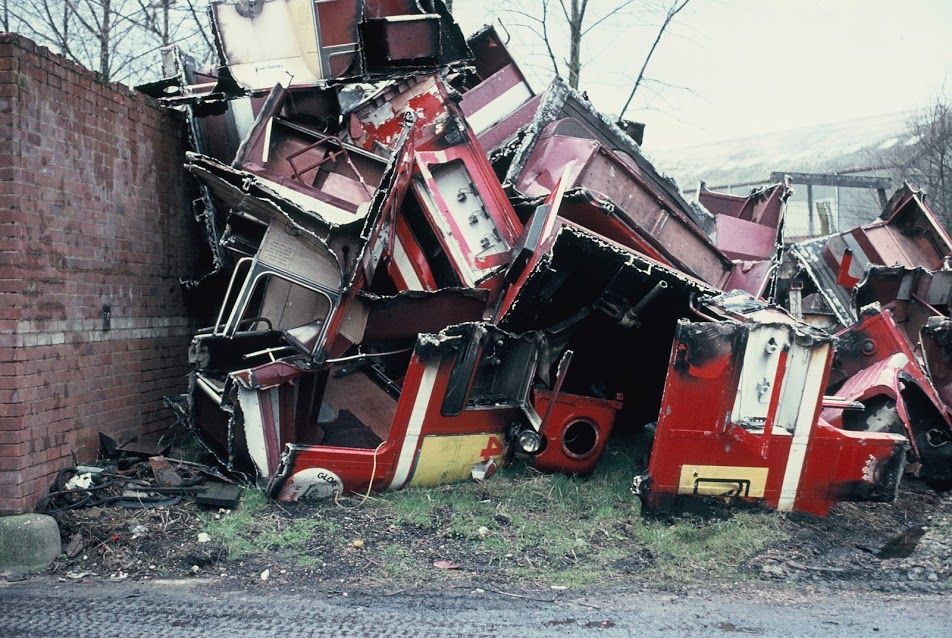ROOF
Thank you for visiting the Routemaster Owner and Operator's Forum (ROOF). Please feel free to use this forum for the mature discussion of any issues of interest and relevance to Routemaster owners. Please do not use this board to publicise your feelings about individuals, National or Local Government or TFL policy. Owners of other London bus types in service during the 1950s, 60s and 70s are also welcome to contribute to this forum.
Please note, the ROOF website no longer exists. The link from the Forum does not work anymore. Useful information and links from the website has been posted to the Forum.
Please do not respond to abusive posts but notify ROOFmoderator 1@outlook.com.

